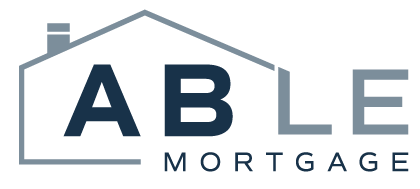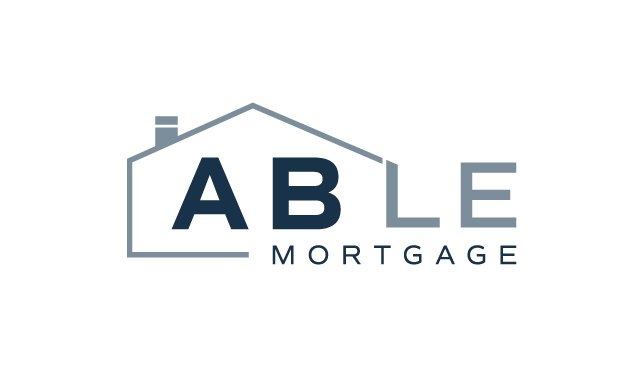
Remember, you're not alone in this process. With the right guidance and support, you can overcome any obstacles and achieve your dream of homeownership.
Whatever your financial situation
Are you feeling overwhelmed and unsure about the idea of buying your first home?
Are you feeling overwhelmed and unsure about the idea of buying your first home? You're not alone, and we're here to help. Our team has a wealth of resources and knowledge to guide you through the home buying process and ensure you make the best decision for your financial future. From understanding the market to navigating the mortgage application process, we have the expertise to help you every step of the way. Let us help turn your dream of homeownership into a reality.
Make it stand out.
Sure, buying your first home can be an exciting but daunting process, especially when it comes to securing a mortgage. In Alberta, Canada, there are a few options available to first-time buyers:
Conventional Mortgage: With a conventional mortgage, you can expect to pay at least 20% of the home’s purchase price as a down payment. This type of mortgage typically offers lower interest rates and greater flexibility in terms of payment schedules.
High Ratio Mortgage: If you’re unable to pay the full 20% down payment, a high ratio mortgage may be a good option for you. With this type of mortgage, you can put down as little as 5% of the home’s purchase price, and the remaining amount is insured by the Canada Mortgage and Housing Corporation (CMHC).
Fixed Rate Mortgage: A fixed rate mortgage is a popular option for first-time buyers as it offers the security of a locked-in interest rate for the duration of the mortgage term, typically ranging from 1 to 10 years.
Variable Rate Mortgage: A variable rate mortgage allows the interest rate to fluctuate with the market and can often result in lower monthly payments. However, it’s important to keep in mind that the interest rate can also increase over time.
It’s important to work with a qualified mortgage professional who can help guide you through the process and determine which option is best for your unique financial situation.
What to expect
Determine your budget: Before you begin the mortgage process, it's important to determine how much you can afford to spend on a home. This involves calculating your monthly income, expenses, and debts to determine what you can realistically afford.
Check your credit score: Your credit score is a key factor that lenders will consider when determining your eligibility for a mortgage. It's a good idea to check your credit score before applying for a mortgage to ensure there are no errors or issues that need to be addressed.
Gather documentation: To apply for a mortgage, you'll need to provide documentation such as your employment history, income statements, bank statements, and tax returns.
Shop around for lenders: It's important to shop around and compare mortgage options from different lenders to find the best rates and terms. A mortgage broker can help you with this process.
Get pre-approved: Once you've found a lender you're comfortable with, you can apply for pre-approval. This involves submitting your financial information for review, and the lender will provide you with an estimate of how much you can borrow.
Find a home and make an offer: With pre-approval in hand, you can begin searching for a home that fits your budget. Once you've found a home you like, you can make an offer to the seller.
Finalize your mortgage: If your offer is accepted, you'll need to finalize your mortgage with your lender. This involves completing the mortgage application, providing additional documentation as needed, and signing the mortgage agreement.
Close the deal: Finally, you'll need to close the deal by transferring funds, completing paperwork, and obtaining title insurance. Once everything is in order, you'll receive the keys to your new home!



